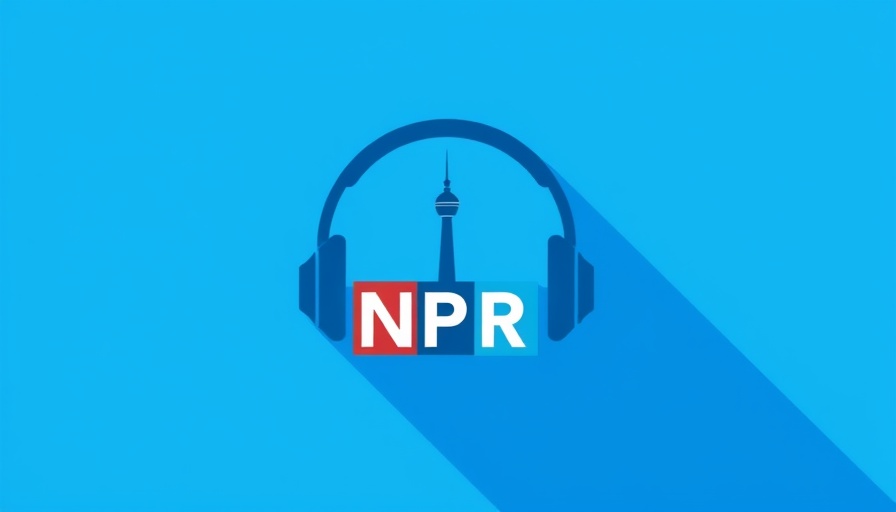
Understanding the Controversy Surrounding Autism Statements
This month marked a pivotal moment in autism advocacy when Health and Human Services Secretary Robert F. Kennedy Jr. made a series of remarks regarding autism. These statements ignited discussions and reactions from various sectors, especially advocates within the autism community. One impactful reaction came from Jill Escher, president of the National Council on Severe Autism, who emphasized the need for careful consideration of language and the implications of public statements on autism.
The Implications of Public Statements on Autism
Escher's response was particularly significant given the context of Kennedy’s comments. His remarks seemed to touch upon controversial theories that imply vaccines may be connected to autism. This connection has been widely discredited by many experts in the field yet continues to resurface in public dialogue, affecting how society perceives autism and its causes. Escher stated, “We have to be very careful with the narratives we allow in public discourse; they can significantly impact resources and perception toward the autism community.”
Historical Context: The Vaccine-Autism Debate
The vaccine-autism debate began in the late 1990s, when fraudulently published research suggested a link between the MMR vaccine and autism. Since then, extensive research has debunked these claims, yet the idea remains a part of many public discussions due to individuals like Kennedy bringing it back to the forefront. This historical backdrop highlights the importance of grounding conversations in scientifically validated research and facts.
Future Trends in Autism Advocacy
Looking forward, the conversation around autism advocacy may take an increasingly digital route. As technology and social media continue to evolve, the public engagement regarding autism awareness will likely expand as well. Organizations aiming to support individuals with autism may harness these platforms not only to educate but to advocate for policy changes to foster inclusivity and understanding.
The Emotional Landscape of Autism Advocacy
For many within the autism community, the statements made by influential figures can echo deeply, evoking emotional responses from fear to frustration. Many advocates, like Escher, strive to combat misinformation while fostering a supportive narrative that emphasizes the strengths and unique perspectives of individuals with autism. They highlight that embracing diversity within the community leads to richer interactions and a stronger societal fabric.
Counterarguments to Conventional Narratives
While Kennedy's remarks sparked a predictable backlash from established health organizations and advocacy groups, it’s important to note that some advocates seek an alternative route. They argue for open conversations, including those that explore the varied experiences of people with autism, whether they align with scientific consensus or not. The notion of allowing space for diverse experiences adds nuance to an otherwise homogenized narrative surrounding autism.
Decisions to Consider: The Impact on Business and Community
For CEOs and business professionals, understanding the complexities surrounding autism can influence workplace policies and corporate social responsibility initiatives. As more companies focus on inclusion and mental health, being informed about the broader discourse can equip leaders to make decisions that foster diverse and supportive environments for all employees.
Practical Insights for Navigating Autism Discourse
For those navigating discussions on autism, it’s crucial to adopt a well-informed stance. Engaging with credible research, actively listening to the voices of those with autism, and recognizing the emotional weight of the discourse are essential steps. Whether you are in a leadership position or a community advocate, fostering an informed environment can help dispel myths and create a supportive culture.
In conclusion, as the conversation around autism continues to evolve, staying informed on the intersection of public commentary, scientific research, and lived experiences will allow professionals to engage meaningfully within this vital discussion. Advocates like Escher remind us that while voices of influence can shape narratives, community resilience and informed advocacy can refocus the discussion toward understanding and inclusion.
To elevate your engagement with autism advocacy and understand more about its societal implications, consider following reputable organizations and contributing to dialogues that educate and inform. By actively participating, you can help foster a more inclusive world for individuals with autism.
 Add Row
Add Row  Add
Add 




 Add Row
Add Row  Add
Add 

Write A Comment